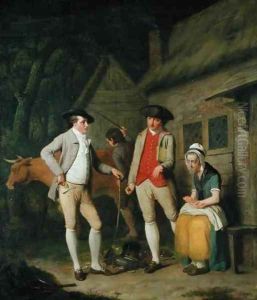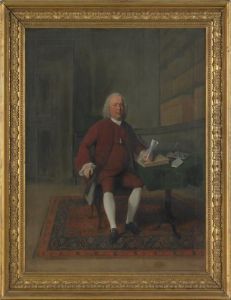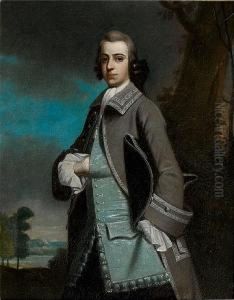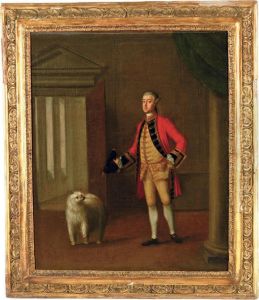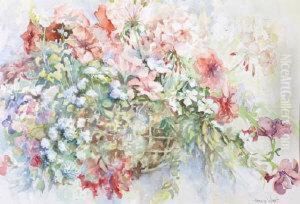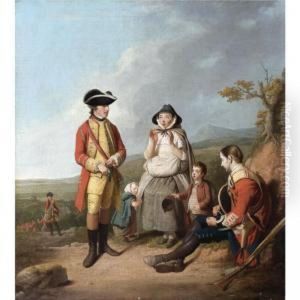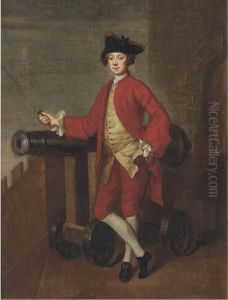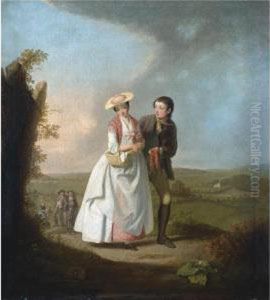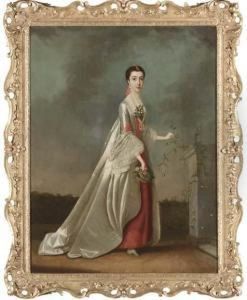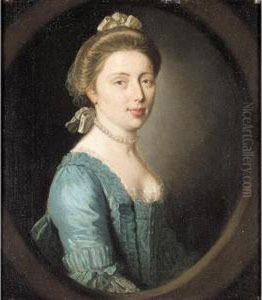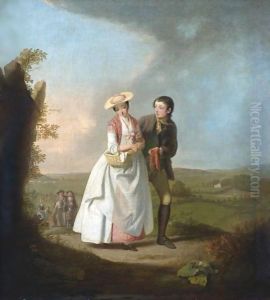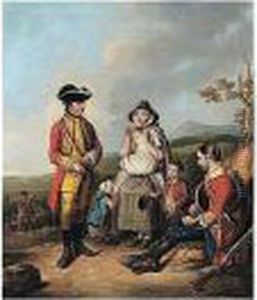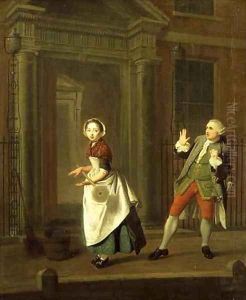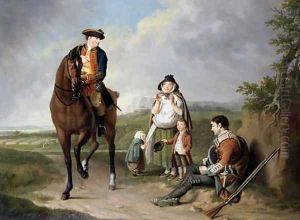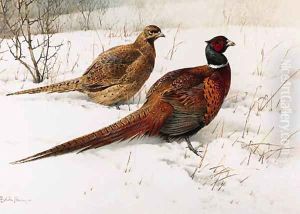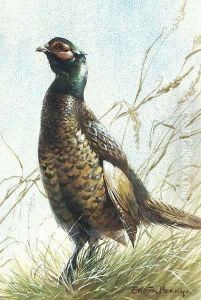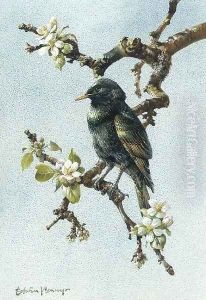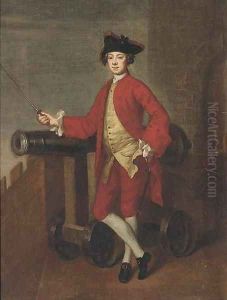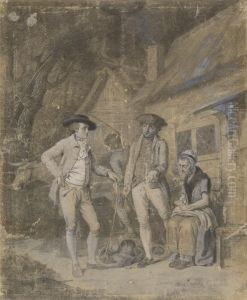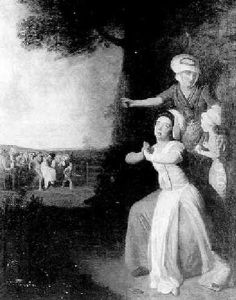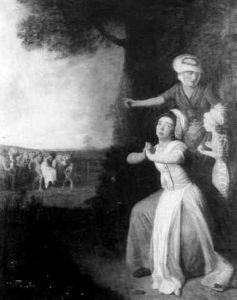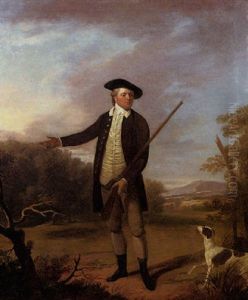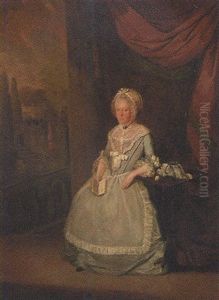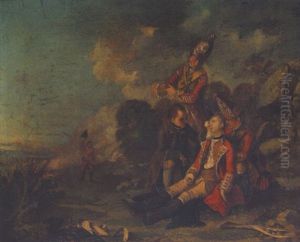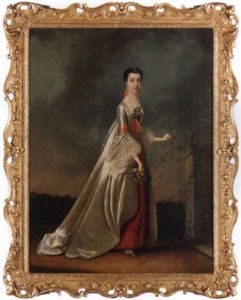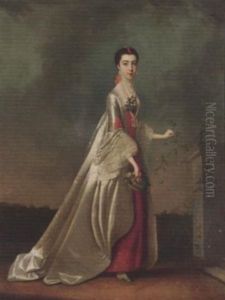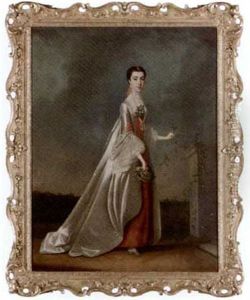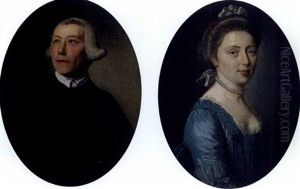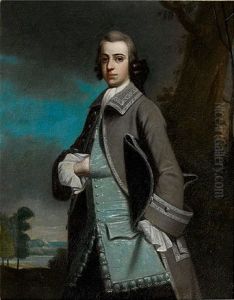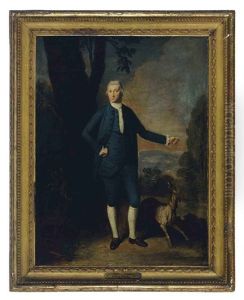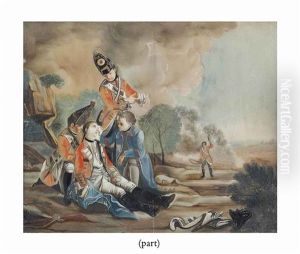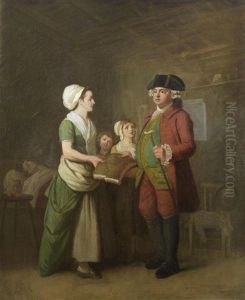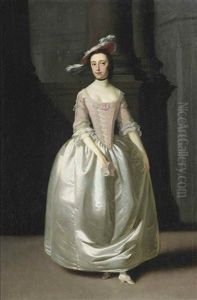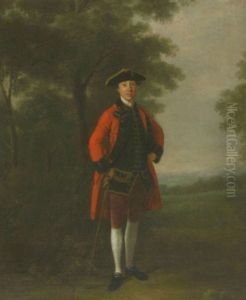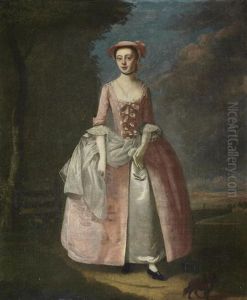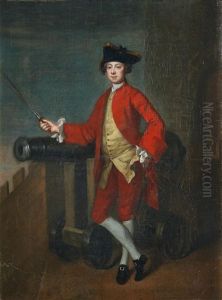Edward Penny Paintings
Edward Penny was an 18th-century English painter, renowned for his significant contributions to the genre of conversation pieces, which were a form of informal group portraiture popular in Britain during that time. Born in Knutsford, Cheshire, England, in 1714, Penny showed an early interest in the arts and went on to study painting in London under the tutelage of Thomas Hudson, who was also the master of the famous portraitist Joshua Reynolds.
Penny's work often depicted scenes of everyday life, focusing on the middle class and their social interactions. His paintings are characterized by a delicate touch, attention to detail, and a keen observation of domestic life. Penny's approach to art was somewhat didactic; he believed that art should serve a moral purpose and often included moralizing themes in his work.
In 1768, Penny was among the 36 original members who founded the Royal Academy of Arts in London, an institution that has had a profound impact on the promotion of the fine arts in Britain. He also served as the Academy's first professor of painting, a role in which he influenced many young artists of his time.
Penny's career thrived during the mid-18th century, and his works were exhibited at the Society of Artists and the Free Society of Artists before the establishment of the Royal Academy. After the foundation of the Academy, he regularly contributed to its annual exhibitions.
Despite his success, Penny's style eventually fell out of favor as the tastes of art patrons evolved, and he retired to Chiswick, where he passed away in 1791. Although his name is not as widely recognized today as some of his contemporaries, Edward Penny's work remains an important part of the history of British art, particularly in the field of genre painting and the development of the conversation piece.
